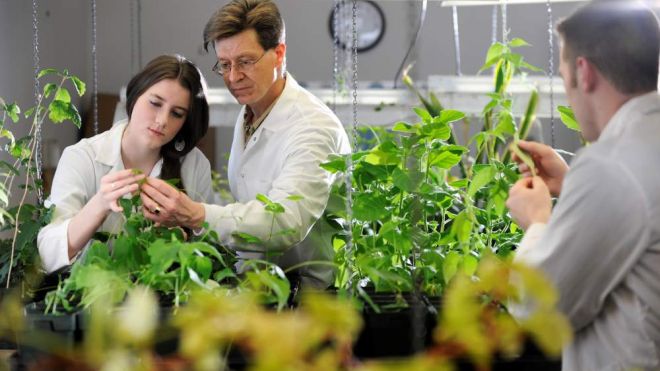
Access to veterinary care has implications for both companion animal and human health and well-being. While strategies and resources exist to improve access to veterinary care in underserved communities, this information is typically not covered in veterinary school curricula in the United States.
Results of a recent study coauthored by Christy L. Hoffman, PhD, associate professor of Animal Behavior, Ecology and Conservation (ABEC) at Canisius University, showed that a virtual shelter medicine rotation increased veterinary students' knowledge, skills, and attitudes regarding access to veterinary care. Terry G. Spencer, DVM, Maples Center for Forensic Medicine, College of Medicine at the University of Florida, and Kathleen V. Makolinski ’90, DVM, College of Veterinary Medicine at Lincoln Memorial University, were coauthors on the study.
Fourth year veterinary students completed a four-week, virtual shelter medicine rotation. As part of the rotation, half of the students also completed an interactive online module, which focused on issues surrounding access to veterinary care, cultural competency, incremental care strategies, and options for payment of veterinary services. All students’ opinions regarding the role of not-for-profit veterinary clinics in communities were more favorable at the end of the rotation than at the beginning. Students who completed the online module demonstrated an increased awareness of the potential for implicit bias toward pet owners within veterinary practice and showed a reduction in their tendency to be judgmental of veterinary clients. Additionally, they expressed greater confidence in their ability to offer incremental care treatment options to veterinary clients.



